Plato and the Hero: Courage, Manliness and the Impersonal Good
Plato's thinking on courage, manliness and heroism is both profound and central to his work, but these areas of his thought remain under-explored. This book examines his developing critique of both the notions and embodiments of manliness prevalent in his culture (particularly those in Homer), and his attempt to redefine them in accordance with his own ethical, psychological and metaphysical principles. It further seeks to locate the discussion within the framework of his general approach to ethics, an approach which focuses on concepts of flourishing and virtue, rather than on consequences or duty. The question of why courage is necessary in the flourishing life in its turn leads to Plato's bid to unify the noble and the beneficial and the tensions this unification creates between human and divine ideals. The issue of manliness also raises problems of gender: does Plato conceive of the ethical subject as human or male?
{{comment.content}}
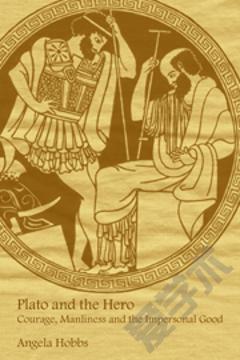
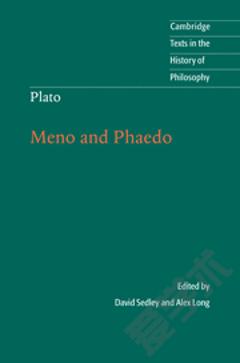

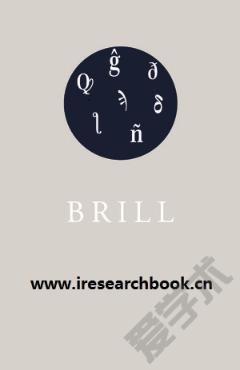

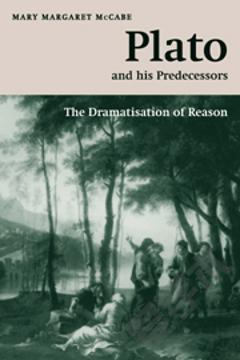
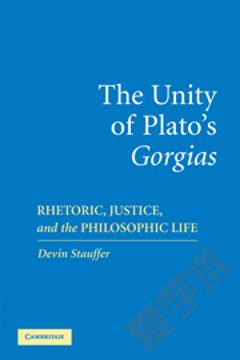

 京公网安备 11010802027623号
京公网安备 11010802027623号